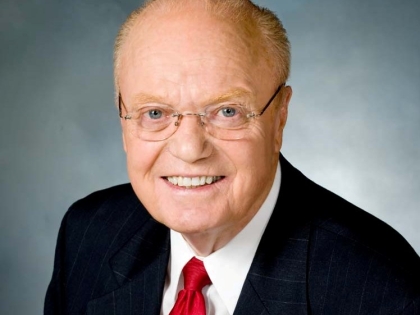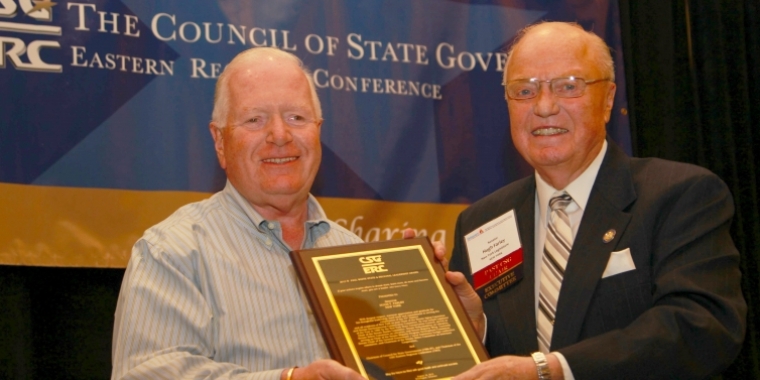
Senator Farley Reports State Gives More To Heap, Senate Proposes Energy Plan
Recently, the New York State Legislature passed a bill, which Governor George E. Pataki has signed into law, that provides an additional $100 million in home heating assistance to lower income New Yorkers.
Known as HEAP (Home Energy Assistance Program), this federally-funded program gives qualified New Yorkers assistance with their heating bills. In past years, the program has run out of money long before the need did. This year, New York has faced a double whammy: we received less funds from the federal government for HEAP while also seeing out-of-control heating costs this winter. We knew the need would go unfulfilled if this extra money was not added to the program.
While this is a temporary fix to help people through this winter, the New York State Senate has passed legislation that would help with longer term energy solutions. One proposal involved helping our small businesses. Most of the new jobs in New York State are being created by small businesses. Small business owners have cited increasing energy costs as one of the biggest problems they face in staying competitive. The Senate has proposed providing a $350 million refundable tax credit that would help 386,000 eligible small businesses across New York State afford the rising cost of energy. Businesses with fewer than 20 employees would be eligible for the assistance. Businesses of this size employ about 1.4 million New Yorkers. Under the plan, a credit of two cents per Kilowatt Hour (KwH) would be applied directly to eligible businesses’ tax liability, while businesses that do not owe taxes would receive a rebate check. The benefit level of two-cents per kilowatt hour approximates the rate benefit provided under the Power for Jobs program, which has proven to be one of the state’s most important economic development programs.
To help everyone, businesses and residents, the Senate has approved a bill that would cap the State and local sales taxes on gasoline that is estimated to save consumers about $240 million annually. The New York City Council, and many other local government officials, have also asked the Senate to adopt a cap on gas sales taxes. The Senate energy plan would cap the State and local sales tax on gasoline at a taxable value of $2 per gallon. The cap covers the local sales tax on gas unless a local government votes to opt out of the cap.
The Senate also passed legislation that would provide manufacturers of qualified bio-fuel products (primarily ethanol and bio-diesel) with a refundable tax credit. The credit would be 15 cents a gallon, capped at $2.5 million per plant, per year, for up to four years. The federal government and industry experts estimate that drivers in New York State would see a minimum savings of eight cents a gallon at the pump if New York State could provide a substantial amount of the ethanol that will be required under the new Federal Energy Act of 2005.
The Senate also passed a bill that would extend the recently expired alternative fueled vehicle tax credit. The credit would apply to actual alternative fuels such as methanol, ethanol and fully electric vehicles. The bill would also reestablish a State sales tax exemption for the purchase of refueling property equipment.Finally, the Senate approved legislation that would eliminate the State sales tax on insulating materials such as high efficiency windows, doors, weather-stripping, pipe sheathing and alternative energy systems in or attached to a building such as wind power or fuel cells. In addition, the bill proposes four sales tax free weeks (one per season) to promote the purchase of energy efficient "Energy Star" products, such as washers, dryers, refrigerators, dishwashers, furnaces and hot water heaters.
The Senate's energy legislation has been forwarded to the Assembly for their consideration.



